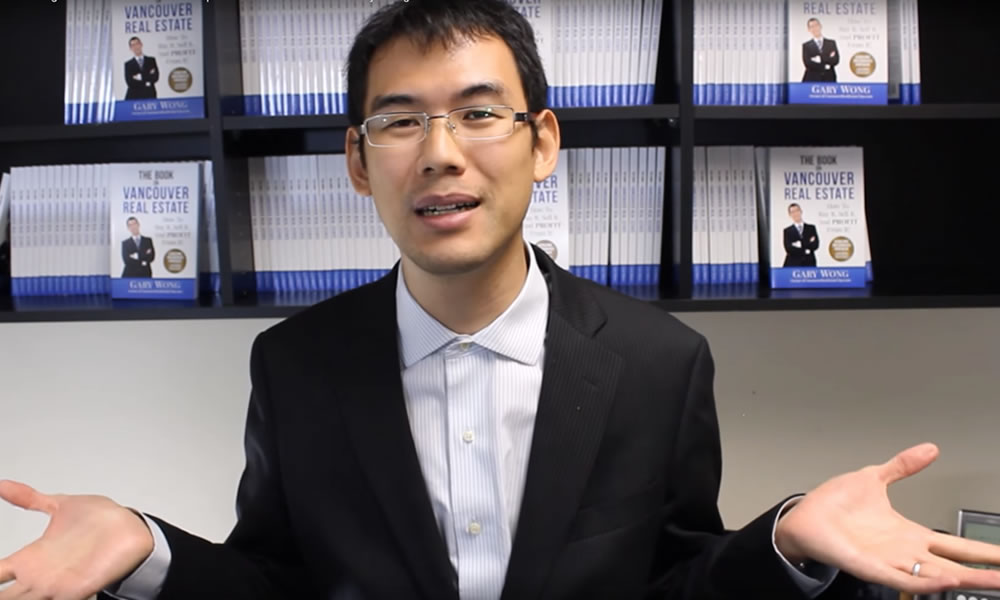Negotiation is the art of letting other people have your way
I’ve been investing a lot of my time into sales training books and programs these days. My favorite sales coach is Grant Cardone, aka Uncle G. I’ve listened to all of his books via Audible.com and I love the content on there.
One of the key things I learned from him is to always agree with the other party in negotiations.
You’re probably thinking,
Then how do you win in the negotiation if you agree with the other party?
Here’s the key. Your agreement is just you acknowledging the other party’s statement or position. For example: if a buyer says “that dress is too expensive”, you say “I agree” which means you agree that the buyer thinks the dress is too expensive but the buyer never asked for your opinion. You might think it’s cheap, but you agreeing to the buyer’s statement helps the buyer feel that you are acknowledging their opinion.
Or you may also think the dress is expensive and agree that you think it’s expensive as well. Consumers buy expensive things all the time. Companies wouldn’t price their products that way if no one was gonna buy them.
But anyway, in life and in business and in relationships, always agree with the other party. By agreeing with the other party, you are positioning yourself in their shoes. You are not necessarily advocating that you support their opinion, but it doesn’t matter, your goal is to have the other party feel acknowledged. Show some empathy!
But Gary, what if they’re way off? And just flat out wrong?!
Well, what you do is you stand on their side first, then it’ll make the next step so much easier. Once you’ve agreed to the other party’s opinion. They are then feeling acknowledged and understood. Then you can begin to bring a different perspective on the issue. If a buyer wants to buy a property that’s worth $700,000 but think it’s overpriced and wants to offer $650,000, your first step is to agree. “I agree, Sir, I understand.” The other party will be like, “Really? You think so too?” and that’s when you say “Sir, based on the comparables that have sold recently, homes such as this one has sold for around $700,000. But I understand Sir if you think it’s worth $650,000.”
See what I did here? I just pointed out the evidence that destroys their opinion that it’s worth $650,000. I showed the buyer that their offer doesn’t make sense without having to say “your offer is too low Sir, the house is worth $700,000!” When the buyer sees the evidence, and realizes that their opinion is perhaps wrong, they’ll logically come to the conclusion that maybe their evaluation of the property’s value is not accurate. Often buyers will confuse what they’re willing to pay and what the property is worth. A property may be worth $700,000 but there will be the rare buyer that may just hate the location, floor plan, etc… and would only pay $500,000 to live there.
And when the buyer comes to their own conclusion that maybe they need to pay $700,000, it is MUCH, MUCH, MUCH more powerful than if you tell them “Sir, it’s worth $700,000, you need to pay $700,000”. This concept is very powerful. When someone tells you something, it means SOMETHING. When you yourself tell yourself something, it means EVERYTHING.
Think about it.
Think of the times people have advised you that you should quit smoking or you should workout or you should eat better or… and you ignored their advice. But the moment, you came to the realization, “Man… I think I need to quit smoking.” or “Man… I need to start exercising” or “I need to eat a healthier diet”, that is when CHANGE TRULY OCCURS.
Remember, if you want to have your way, agree with the other party and guide the other party to your side of the situation BUT do it in a way where the other party guides themselves to your side. Negotiation is the art of letting other people have your way





 Yvonne Yang
Yvonne Yang 
 Carlos Garcia
Carlos Garcia 


